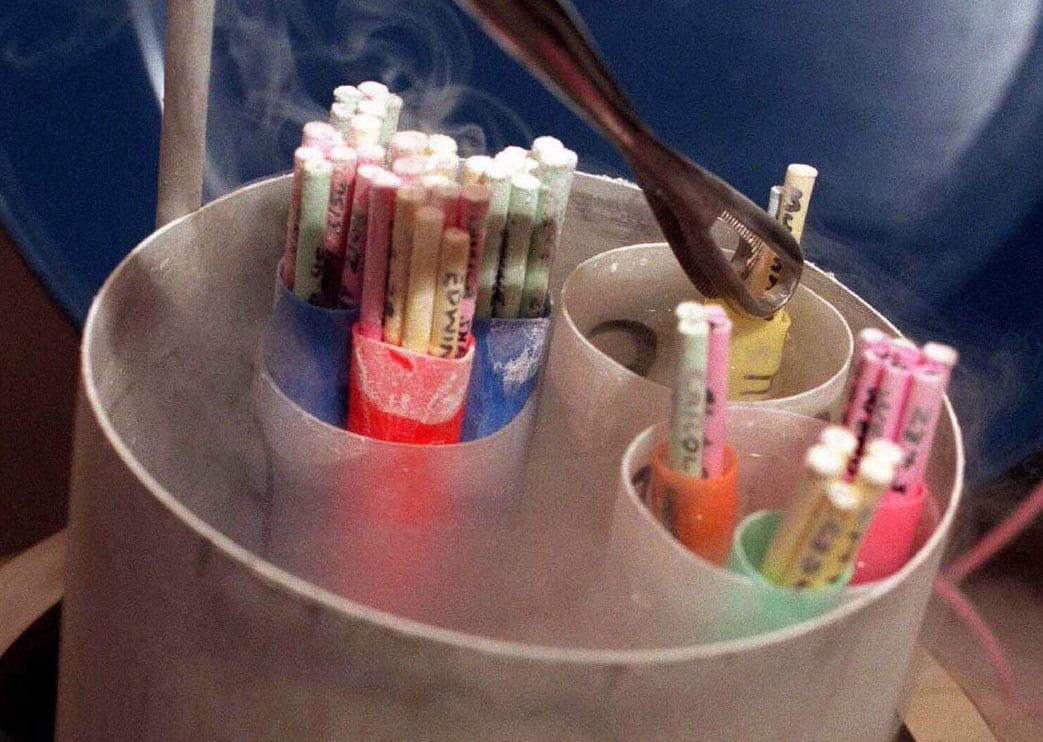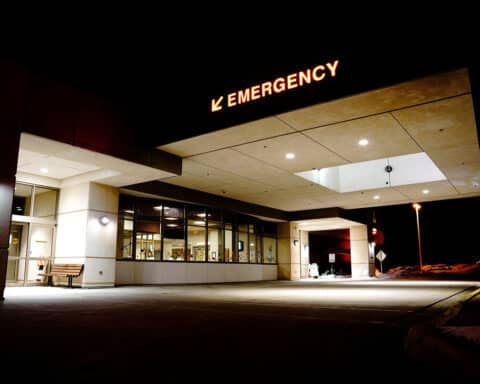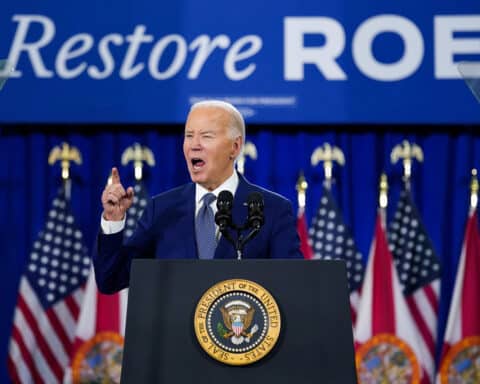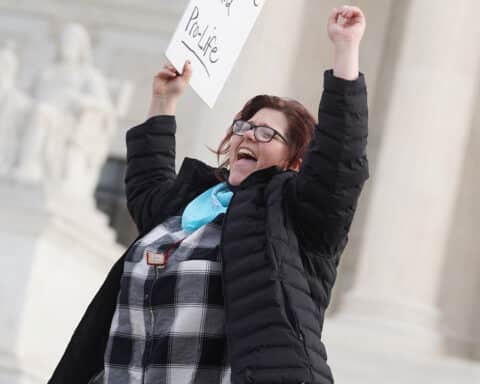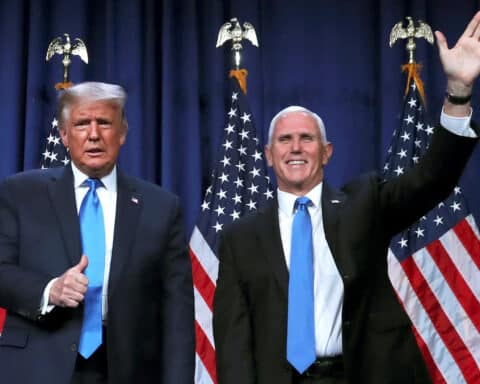The Alabama Supreme Court, with eight justices affirming and one dissenting, has ruled that unborn embryos are persons.
This decision only affects Alabama, but if it holds and if it is adopted in other states, by Congress, or by the U.S. Supreme Court — all big ifs — it will revolutionize the discussion about abortion by filling a problematic vacuum in American law.
It would define the unborn as human beings, who therefore have all the rights accorded by the American legal system to human beings — beginning with the right to life — and to the protection of the law. Willfully ending an unborn life would be, by definition, illegal.
From the time that abortion first came to be discussed seriously in this country, 60 or 70 years ago, the great empty space in the debate was, and still is everywhere outside Alabama, the question of what constitutes personhood and when personhood begins.
The Catholic position
Under current legal understandings in all the states, personhood certainly exists at the second after birth. Were a baby born and then seconds later its life was deliberately ended, then the law in every American state would respond that an innocent human life had unjustly been taken.
What about ending a life before birth, as happens in every abortion? The problem has been that no law and no interpretation of the U.S. Constitution expressly defines an unborn human being as a human being — except in Alabama.
The position of the Catholic Church regarding abortion fundamentally is and has been that an unborn fetus is a distinct, separate, unique human being, not something other than human, not an appendage to its mother.
True, it requires total support to survive. It cannot procure nourishment for itself, for example. It cannot change its location. It cannot control its surroundings. But many people cannot find for themselves the means of survival or control all aspects of their environment, and despite these inabilities the law fully recognizes them as human beings entitled to every human right.
The Church builds its case for the individuality of every unborn fetus on several critical scientific realities. Genetically, the unborn fetus is utterly unique. It is not a carbon copy of its mother’s or of its father’s genetic composition.
While obviously related to each of its parents, it is a being individual unto itself. In Catholic doctrine, therefore, it is a separate person. The Church’s teaching makes sense.
In 1972, abortion was being widely discussed in this country. Several states already had passed laws allowing abortion. Other states were considering what to do. Should they too make abortion a legal option, or not?
Then the U.S. Supreme Court ruled in Roe v. Wade, one of its most impactful and controversial decisions in American legal history.
An unanswered question
The Roe decision, reached by a 7-2 vote among the justices, stated that deciding whether to seek an abortion was a decision to be left to the pregnant woman and to her alone.
Roe was silent on personhood or when life begins.
This judgment existed until June 2022, when the court set Roe aside and returned the situation to where it was in 1972 before Roe was decided. Once again, the basic questions about personhood and life’s beginnings were ignored.
The 2022 decision did not outlaw or forbid abortion anywhere. It left the decision about abortion to the people, who would speak collectively in their states through their elected legislators or by a vote of the entire population.
Still unanswered were the critical questions of personhood and the beginning of human life.
Were the recent Alabama ruling, which addressed these questions, copied by the Supreme Court, no state could allow abortion, since the unborn would be recognized as human beings with all the rights of personhood.
The road ahead will be long, but the Alabama decision has been a good first step.

